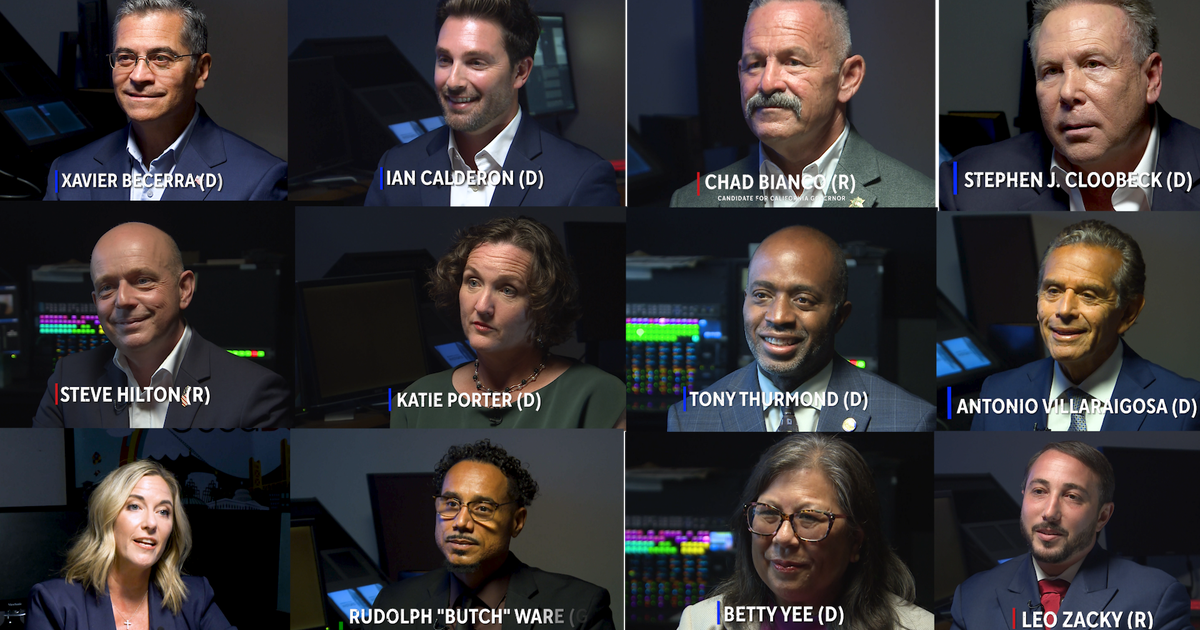
California finds itself at a pivotal crossroads as the contentious Proposition 50 looms over the 2026 gubernatorial race. This proposition, which would allow state lawmakers to redraw congressional maps before the 2030 Census, has ignited fierce debate among candidates and voters alike. It’s not merely a question of political strategy; it’s a matter of safeguarding democratic representation and addressing systemic inequities that plague our electoral system.
The redistricting effort, spearheaded by Democratic Governor Gavin Newsom, aims to shift five U.S. House seats in favor of Democrats in an attempt to counteract Republican gerrymandering seen in states like Texas. However, this move has raised eyebrows and sparked heated discussions about the integrity of the democratic process. Critics argue that undermining the independent redistricting commission established in 2020 — a step taken to prevent the manipulation of electoral maps — is a dangerous precedent that could lead to further erosion of voter rights.
California voters took a bold step to reclaim their electoral power two years ago, yet now they are faced with a proposition that would revert that power back to the very lawmakers who have often been accused of self-serving interests. This apparent flip-flop raises critical questions about accountability and transparency. Are our elected officials truly committed to serving the people’s interests, or are they merely seeking to consolidate their power in the face of impending electoral challenges?
During a series of interviews conducted by CBS News California Investigates, candidates provided insight into their positions on Proposition 50. Democratic candidates predominantly supported the proposition, framing it as a necessary measure to protect California from the Trump administration’s overreach. Former Attorney General Xavier Becerra articulated this perspective, asserting that the proposal is essential to ensure California’s voice remains strong in Washington. He contended that allowing lawmakers to redraw the maps is a proactive defense against a political landscape increasingly characterized by manipulation and deceit.
Yet, amid this chorus of support, there exists an undercurrent of unease. Some candidates, while outwardly backing Proposition 50, expressed discomfort with the implications of handing redistricting power back to politicians. They acknowledge the ethical dilemma of resorting to partisan tactics to combat another party’s gerrymandering efforts. This hesitation indicates a recognition that while the urgency to counteract Republican strategies is palpable, it cannot come at the expense of the very principles of fair representation and democratic integrity.
On the opposition front, Republican candidates vehemently condemned the proposition, labeling it as unconstitutional and corrupt. Steve Hilton, a Republican candidate, voiced a sentiment that resonates with many disillusioned voters: “Politicians shouldn’t draw their own maps.” His condemnation of the plan highlights a broader concern about the political establishment’s manipulation of electoral processes, a concern that transcends party lines. The fear is that by adopting similar tactics as those employed by Republicans, California Democrats risk compromising the fundamental values that underpin our democracy.
Green Party candidate Butch Ware struck a chord with critics of Proposition 50, arguing that Democrats are leveraging voters’ fears of Republican overreach to solidify their own power. This raises an essential question: does fighting perceived corruption with similar tactics not merely perpetuate a cycle of political manipulation? As voters, we must demand a higher standard of conduct from our representatives — one that prioritizes transparency, fairness, and accountability over mere partisan advantage.
While the candidates’ discussions touched on various aspects of Prop 50, a consistent theme emerged: the need to engage with all Californians, including the roughly 40% who supported Trump in the last election. Democratic candidates, including Becerra and Calderon, emphasized the importance of listening to these voters, acknowledging that many may feel disenfranchised by the current political landscape. This outreach is crucial, as it reveals an opportunity to bridge divides and foster a more inclusive democracy.
However, the challenge remains: how can California’s leaders effectively represent the interests of all constituents while navigating the complex realities of a polarized electorate? The answer lies in prioritizing the common good over party politics. Candidates must articulate a vision that transcends partisan lines, focusing on policy solutions that address the systemic issues facing Californians, particularly marginalized communities that have historically been silenced.
As Proposition 50 heads to a special election on November 4, voters must critically assess its implications. This is not merely a question of party advantage; it’s about the future of democracy in California. If approved, the new congressional maps would determine representation in the state through the next decade. Will we allow fear and partisanship to dictate our choices, or will we demand a commitment to genuine representation and equitable governance?
In the face of political maneuvering, Californians are called to rise above the fray and demand a system that serves all voices, not just those of the powerful. The stakes are high, and it is imperative that voters engage in this crucial conversation about redistricting and its impact on the fabric of our democracy. The future of California’s political landscape depends on it, and we owe it to ourselves and future generations to fight for a fair and just electoral process.
This article highlights the importance of and California’s Future.


